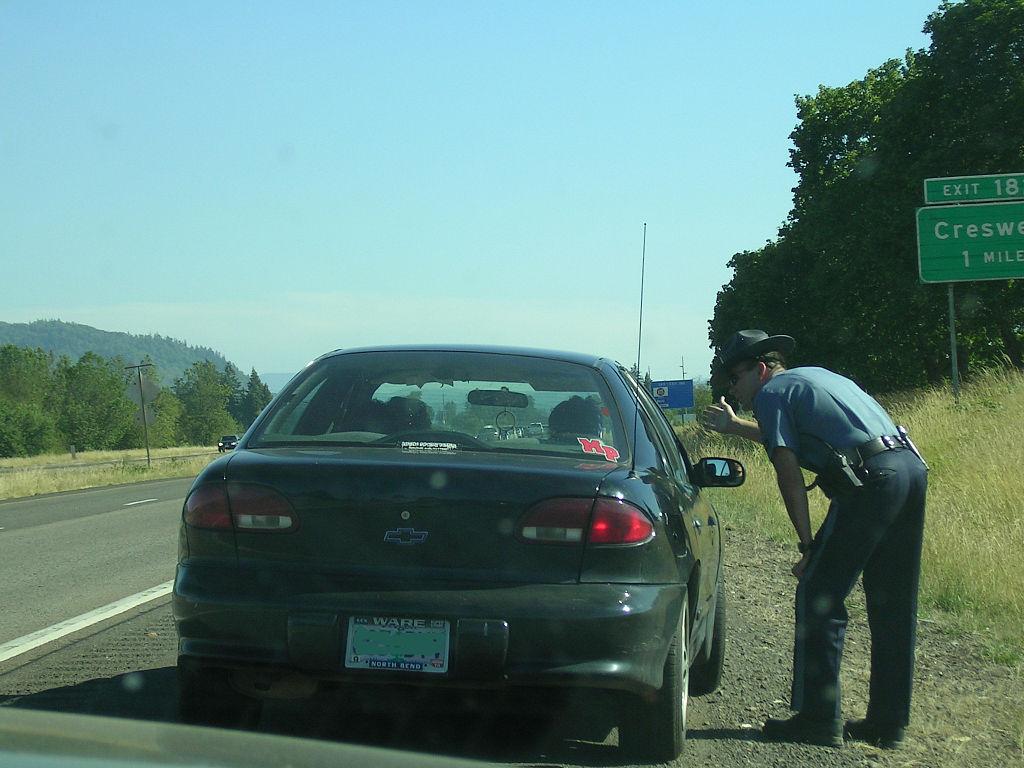Last October, 33-year-old Ron Martin was arrested by Frisco Texas police for standing on a highway median and holding up a sign that read “police ahead” to warn civilians of a speed trap that the law enforcement officials had set up ahead, according to the New York Times. The official report from the Frisco police department stated that Martin was arrested and charged with a misdemeanor due to a city ordinance that stated individuals may only hold up signs on private property, and the highway medium that Martin had been standing on was classified as public property. The reason that this story rose to national news relevance was due to the fact that many people had voiced the opinion that the city ordinance that the police charged Martin on was unconstitutional and that it violated his freedom of speech.
While some may think that Martin was baiting the police by interfering with their operation, Martin himself stated in an interview with ABC news affiliate WFAA-TV that he was, in fact, a supporter of the speed traps, and his aim was to help the police buckle down on speeding. “I think it’s absolutely important for officers to be on the streets and enforce laws,” Martin said. The New York Times reported that Martin will face his charges in court on Feb. 21, and the police have refused to comment on the issue. The verdict in this case could set the precedent for other similar local laws and ordinances everywhere in the U.S.
As for the question of whether or not Martin’s rights were violated, I personally believe they were. An ordinance forbidding people to hold signs on public property severely limits some of the standard procedures of organized protest. It appears to me that the police arresting Martin may have been done so out of anger at the way drivers who had received Martin’s warning as they passed by. One of the police officers was quoted by WFAA-TV saying, “I observed a couple of cars drive by traveling westbound waving at us.” To me, this sounds like the police felt disrespected by civilians who were acknowledged of the police presence in the area and took it out on Martin who was conveniently violating a minor city ordinance.
In a similar case, a Missouri federal court judge ruled that people were within their constitutional rights to flash their lights to warn other drivers of speed traps, according to radio station KRMG.
When I asked students on campus for their opinions on the matter, many felt that Martin was within his rights to hold the sign. “I think that maybe he should have to get a license to hold a sign like that up,” said sophomore Austin Moore. “But I don’t think he shouldn’t be allowed to at all,” he went on to say. History major Jackson Muse disagreed, stating, “I think if the city ordinance says he can’t do it, he shouldn’t do it.”

